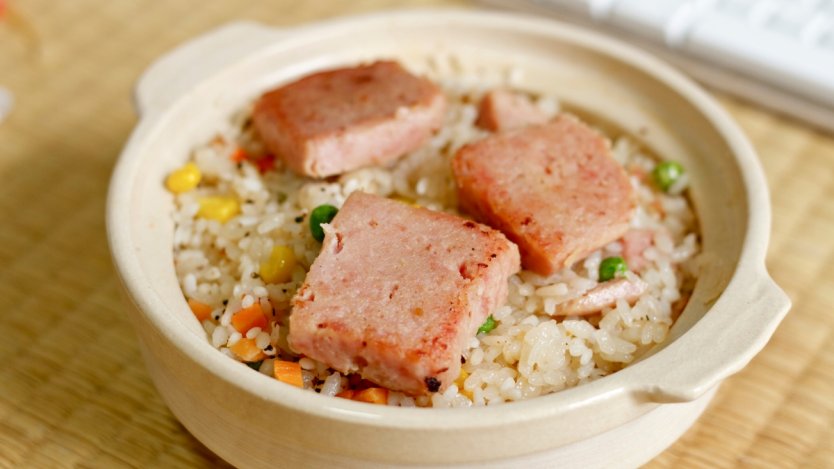I'm going to catch shit for this but I will have a go at it anyways. I love Taco Bell. And Costco hot dogs. And a can of Campbell’s Cream of Mushroom soup poured over rice. And microwave Jamaican patties.
Having openly disclosed that, I will be expecting a multitude of scathing letters from outrageous foodies, activists, and Yelpers educating me on the fallacies of the evil empire; how McDonald's is Emperor Palapatine commanding a legion of ED-209’s, all funded by Weyland-Yutani, who come to desecrate Internet kittens.
To each of these fanatics, I will simply write that food, regardless of which farm it came from, what imported free-trade manure was used as fertilizer, or who fiddled with the micro-animal-gluten-organic garnish on top, food is ultimately about it how it makes you feel, what memories it invokes, and how it plays with your senses.
A single bite and you can vividly remember how excited you were as your mom brought you a hot bowl of spaghetti and red sauce. You remember the perfect taste of that pepperoni and mushroom pizza you shared with your best friend while sitting on the street corner pizza parlour you cycled to that one summer day. You remember your wife’s smile and how good that pastrami sandwich tasted at the local deli around the corner because it was your first date.
Then I will wrap this letter around a brick and throw it through their living room windows.
As we continue to PC-ize all these other facets of food, we risk growing ever more detached from the reality of our inherent and required relationship with it: “Does it taste good?”
Food writers will often cover many important topics regarding food waste, distribution, conservation, quality, economics, gene patents, as well as the more approachable side, such as rare, high quality ingredients and the chefs who turn them into works of art and the technical skill it took to compose a multi-faceted dish. Although they are not wrong to do so, nor are they negligent in any way, there is one facet missing in their pieces: how it makes them feel beyond a simple, “Mmm. That was orgasmic.”
Although I’ve been guilty of this PC-ing of food on occasion (OK, maybe fairly often), we forget that food invokes an inherent, emotional response, and not just good food, but all food, and we should not feel guilty for feeling good about any and all food, just because it’s low-brow or “dirty”.
Most of my friends who have grown up in North America turn up their noses indignantly at the mention of being served Spam for dinner. In contrast, my Asian friends who came from around the Pacific Rim are extremely excited at the mention of Spam and rice as the main feature of dinner.
Spam is considered by some as so far removed from pork as to be questionable about status as “meat”, but that doesn’t stop an entire half population of the world from consuming hundreds of tons of it every year – because it appeals to them.
The food we, normal people, food bloggers, and chefs alike, put on Instagram, is subject to the same PC-ness. The endless primping and preening of a dish before the picture is taken, filters applied, lighting adjusted, colours enhanced--it may look great, but does it taste the same way? Does it taste good? Does it make you feel good?
We love things because we do. There’s no reason to it: because we grew up with it; because we have memories of it; because it reminds us of certain things; because we are human.
Let us take a step back and look at things through our most simplistic lens. Let us talk less about who made the food. Let us talk less about the contrast of colours on a stark plate. Let us talk less about if it has an economic impact.
Let us say it made you think of living at home when you were a child. Let us say a meal made you fall in love with your husband all over again. Let us say it simply made you happy to be there, eating.
It can be that simple if you let it be. It’ll also save a brick coming through your front window.
Photo by Hiroshi Ishii on Flickr.













